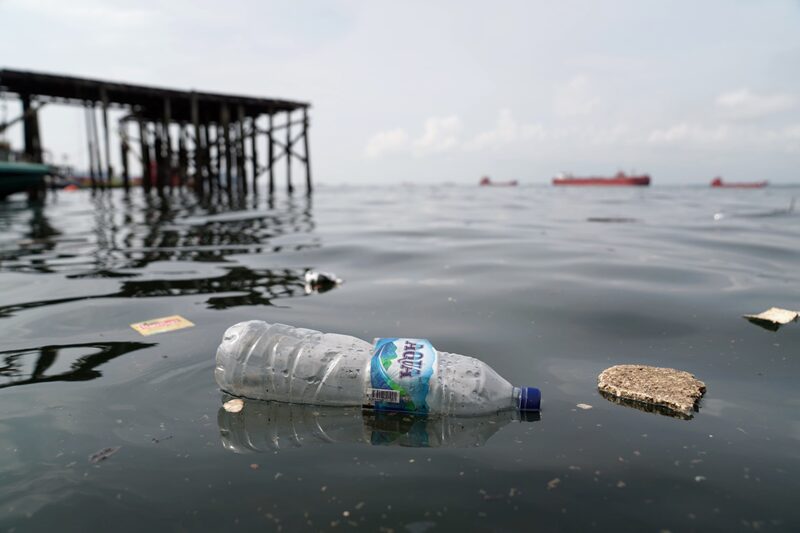Bloomberg — Tire dust versus discarded fishing nets.
These two items are not normally paired together, much less seen as being in competition, but countries and activists are sparring over how or if they should be addressed in a UN global plastic treaty being negotiated in Paris this week.
A key tension point is whether an agreement should focus on cleanup of the plastic waste already clogging the world’s oceans, move beyond that to limiting the manufacture of potentially harmful components in polymer products, or even enforcing plastic-use bans. The US, one of the largest producers and users of plastic, is so far pushing for the first option, say people following the negotiations.
Negotiators expect to have a draft at the end of this round of talks after agreeing last December to develop a legally binding deal on plastic pollution by 2024.
“This will be the first real draft text of the international legally binding agreement and getting things added after that becomes really, really difficult,” said Anja Brandon of the Ocean Conservancy, a Washington, DC-based environmental advocacy organization. “So this becomes the basis on which all other conversations and negotiations move forward.”
The Ocean Conservancy is lobbying for the draft to include regulation of abandoned fishing equipment, sometimes known as “ghost gear,” which is mostly made of plastic and creates health risks for marine mammals.
“Yes, there are other types of international agreements and forums that talked about ghost gear,” Brandon said. “But this is really an unparalleled opportunity to actually get everyone on the same page and setting standards and practices for reducing harms.”
The UN hinted at what future standards and practices could look like in a report released on May 16. Extended Producer Responsibility laws, for example, would require manufacturers to be fiscally responsible for the end-of-life disposal costs of their plastic products and replacing plastic with organic materials wherever possible, like with cardboard takeout containers.
It wouldn’t be cheap. The report estimates that to re-orient economies away from plastic and then build infrastructure to recycle the rest properly could cost $65 billion a year.
Possibly more difficult will be to achieve an agreement to ban the manufacturing of certain chemicals.
Winnie Lau, director of the Preventing Ocean Plastics project at the Pew Trust, another Washington-based advocacy group, wants issues like tire dust addressed in the draft. Studies have recently traced the dust from a chemical in tires to salmon mortality in the Pacific Northwest.
Lau would like to see some polymers banned now and also a mechanism set up for evaluating chemicals in the future. “That’s going to be really crucial,” she said, “because our understanding of plastics and the impacts they can have on us and the environment is continuing to evolve.”
Read more on Bloomberg.com



